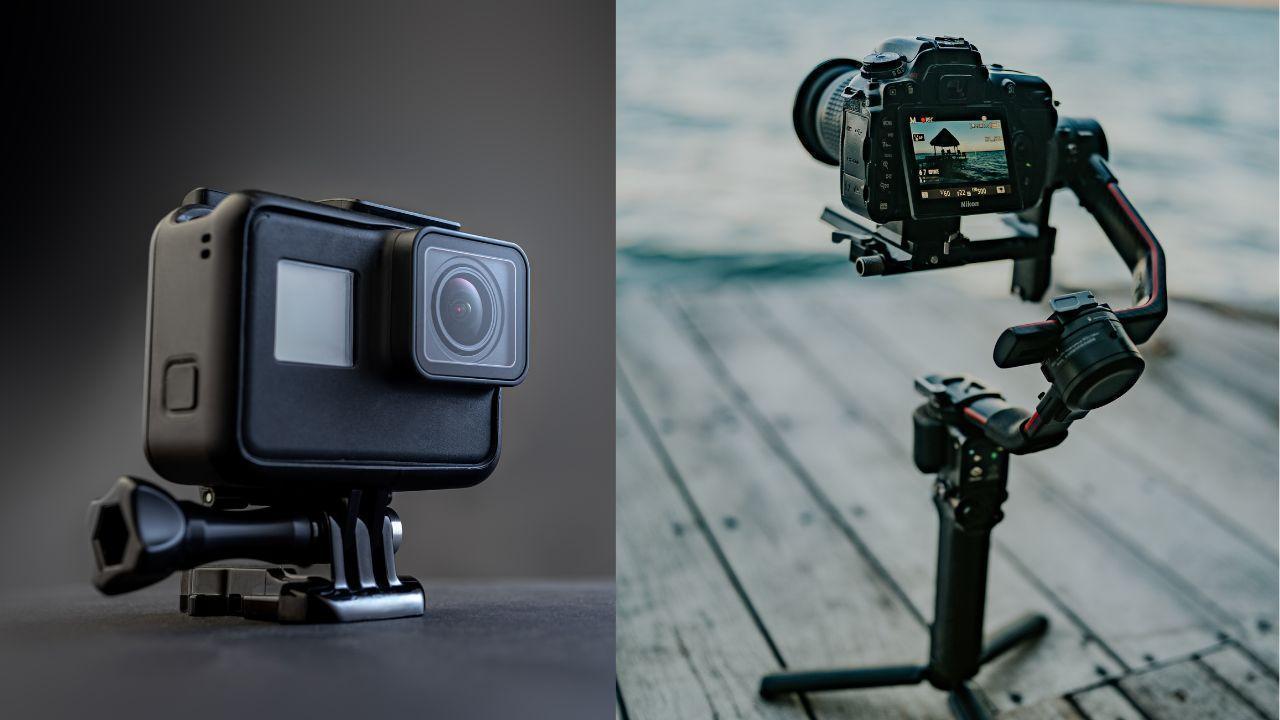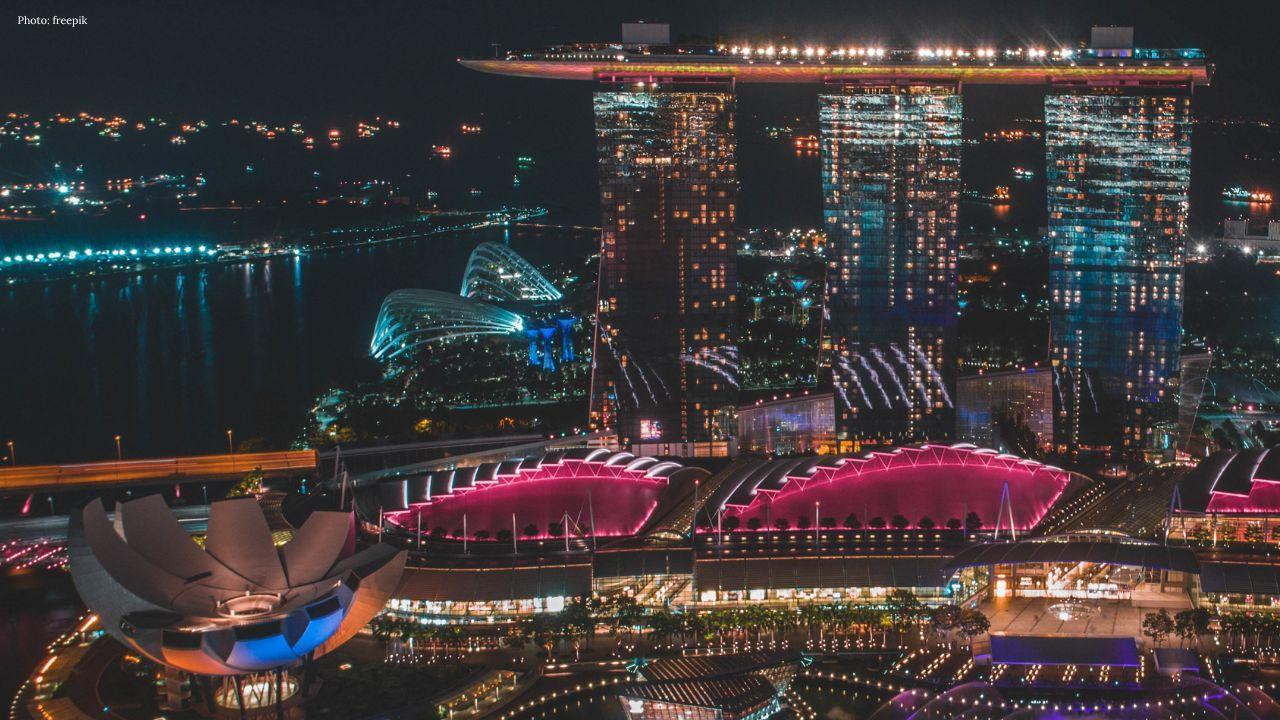You have not yet added any article to your bookmarks!

Join 10k+ people to get notified about new posts, news and tips.
Do not worry we don't spam!
Post by : Anis Farhan
In the past, avatars were often treated as playful add-ons—animated versions of ourselves used in games or forums. But today, in Southeast Asia, digital avatars are taking on a more significant role. They have become tools for expression, identity experimentation, and even emotional safety in virtual interactions.
Whether it’s a cartoon-style Bitmoji, a hyperrealistic 3D face on a gaming platform, or a minimalist silhouette used in anonymous communities, avatars are quietly becoming the new faces of digital communication. And unlike traditional profile photos, they allow users to express who they are—or who they want to be—on their own terms.
The rise of digital avatars isn’t just a trend. It’s a reflection of how young people in the region are navigating identity in an increasingly complex digital age.
In cities like Jakarta, Manila, Bangkok, and Kuala Lumpur, social platforms and mobile games are now dominated by users who prefer using avatars instead of real pictures. But this isn’t about hiding. For many, it’s about expanding.
An avatar allows someone to show up with blue hair, in a traditional outfit, or with wings—without fear of being judged. For introverts, marginalized voices, or those still exploring their personal identity, avatars become an entry point into digital spaces where self-expression can feel safer than in real life.
Especially in conservative societies, avatars allow individuals to express sides of themselves they may not be able to in public. For example, a young woman in a strict household may create an avatar that wears bold fashion. A boy unsure about his gender identity may create a feminine avatar to explore without fear of confrontation.
These small creative acts, powered by pixels, can feel profoundly empowering.
Gaming is one of the biggest arenas where avatars are reshaping how identity is built. In Southeast Asia, online games like Genshin Impact, Mobile Legends, and Roblox are more than just entertainment—they’re platforms for socializing and exploration.
Players don’t just “play” the game. They become their characters. For some, the choice of character becomes a deeper reflection of personality, aspiration, or even escape. You might meet someone in a game who presents themselves as a fearless warrior with silver hair, but behind the screen, they’re a soft-spoken student struggling with social anxiety.
In this sense, avatars provide a chance to rewrite personal narratives—to show up in ways that the real world might not allow.
And as the line between gaming and social platforms blurs, these personas follow users into forums, streaming services, and even virtual events.
Since the pandemic, virtual meetings have become the new normal across the region. From work Zoom calls to school Google Meets, everyone is now familiar with the experience of showing their face to a screen full of others.
But interestingly, many people are now opting to use avatars or cartoon versions of themselves in video meetings—not just for fun, but for comfort.
This is especially common among teenagers and young professionals in Southeast Asia. A digital face can reduce camera anxiety, eliminate appearance-based judgments, and offer a more engaging alternative to blank screens. For some, it even boosts confidence.
Teachers in Malaysia, for instance, have noticed that students who were previously shy in class became more active in discussions when allowed to use avatars or virtual characters during online lessons.
In essence, avatars are helping people engage more fully—not by being seen, but by being seen differently.
Another massive avatar-based phenomenon reshaping digital identity in Southeast Asia is the rise of VTubers—virtual YouTubers. These are real people who use animated avatars, often anime-inspired, to host live streams, review content, and engage fans.
While this trend started in Japan, Southeast Asia has embraced it with open arms. Countries like Indonesia and the Philippines now have their own local VTuber stars with millions of fans.
These virtual personalities blur the lines between fantasy and authenticity. Behind every VTuber is a real person—yet their voice, movements, and stories are projected through a digital character. For fans, it’s often not about what the creator looks like, but how the avatar makes them feel.
Similarly, brands are investing in virtual influencers—AI-driven avatars or human-controlled characters used for marketing, storytelling, and audience engagement. These avatars are often carefully crafted to reflect local culture, humor, and values, creating a sense of relatability that transcends the physical.
Perhaps one of the most quietly revolutionary aspects of avatar culture in Southeast Asia is how it allows gender experimentation.
On platforms like TikTok, Snapchat, and mobile games, users are free to present however they choose. It’s not uncommon for male players to use female avatars and vice versa—not necessarily as an expression of gender identity, but sometimes just for fun or aesthetic preference.
But for others, this freedom becomes a deeper space for reflection and exploration.
In societies where gender norms remain rigid, avatars provide a loophole—a way to express alternate identities without fear of rejection. For queer youth, this can be especially affirming. It becomes a space where identity isn’t assigned by birth, but built by imagination.
While avatars empower self-expression, they also serve another crucial function in Southeast Asia’s digital ecosystem: protection.
In a region where online harassment, cyberbullying, and appearance-based judgment are real concerns, avatars offer a way to show up without becoming vulnerable. A cartoon face can’t be body-shamed. A digital persona won’t be doxxed. It’s a digital mask—not to deceive—but to defend.
Young women in particular often choose avatars on social media to maintain privacy while still being socially active. It becomes a buffer between real life and digital life, allowing interaction without exposure.
With the growing popularity of digital avatars, companies are beginning to take notice.
Social platforms, mobile apps, and digital service providers are racing to offer more customization options—from skin tones and facial features to cultural clothing and animated accessories.
In-app avatar builders are becoming more sophisticated, allowing users to build not just a character, but a story. Some avatars can now mirror your expressions in real time using face tracking. Others are AI-driven, designed to represent you in virtual reality or future metaverse platforms.
This isn’t just a fad—it’s the beginning of a digital identity economy. People are investing real money to purchase avatar skins, clothes, and virtual spaces, just as they would for physical outfits or home décor.
Interestingly, the use of avatars is also becoming a subtle form of resistance in regions with censorship, political tension, or conservative social expectations.
An avatar allows you to speak up, share thoughts, or be bold—even when the stakes are high in the real world. In this way, avatars become more than visuals. They are vessels of expression, rebellion, humor, solidarity, and care.
They allow users to reclaim narrative and presence in a space that is often crowded with pressure to conform.
As Southeast Asia becomes increasingly digitized, avatars are set to play a bigger role in how people express themselves online. Whether used for fun, privacy, rebellion, or comfort, they offer a new way to show up in the world—one that isn’t limited by skin, size, age, or background.
Avatars remind us that identity is fluid, multifaceted, and deeply personal. They don’t replace who we are—but they allow us to share different sides of ourselves in ways that feel safer, freer, and sometimes more true.
In a time where appearances are constantly judged and presence is increasingly digital, maybe avatars offer a rare chance to just be—without fear, without labels, and entirely on our own terms.
This article is intended for informational and editorial purposes only. Readers are encouraged to explore digital identity tools mindfully and maintain online safety when expressing themselves on public platforms.










Son of Oil Tycoon Riza Chalid Sentenced to 15 Years in $17 Billion Corruption Scandal
Jakarta Corruption Court convicts Muhammad Kerry Adrianto Riza in high‑profile Pertamina graft case

Marina Bay to Celebrate Disney Adventure With Fireworks & Fun
UOB Marina Bay Sands & Singapore Tourism Board join Disney Cruise Line for a 2-month nautical celebr

Rashmika Mandanna and Vijay Deverakonda Tie the Knot in Grand Udaipur Wedding
The beloved actors celebrated their Telugu and Kodava heritage with traditional ceremonies at ITC Me

Raja Ampat Welcomes Back Endangered Zebra Sharks
Scientific collaboration and community education drive rare species repopulation in the Coral Triang

Tomorrowland Thailand Set for Full‑Scale Asian Debut in December 2026
Thailand to host world‑renowned electronic music festival in Pattaya, expected to draw tens of thous

Malaysia’s January Trade Hits RM272.4b as Exports Surge Penang Leads
Exports climb 19.6% year-on-year to RM146.9b with Penang contributing 44.2% of total shipments says